|
I keep hoping to find a "conchie" in my family history. That's what conscientious objectors were called, mostly with disdain, by their contemporaries in WWI and WWII. If your religious beliefs or your individual conscious said, "do not pick up arms and fight," you could end up in jail. Or be executed for cowardice and shirking. St. Maximilan of Tebessa gets the title as first to suffer this punishment for conscience in modern memory. Back 200 CE, hell no he won't go was followed by a prompt beheading. Capital punishment for being unwilling to kill –– oh the irony! –– has only recently receded from the world of modern military regulations. More proof that we humans aren't actually supportive of outliers from the herd. Or even for folks who exemplify the beliefs we think we hold dearest. Turn the other cheek –– oh no you DON'T. But so far, I've uncovered garden-variety military ancestors from the start of European settlement in North America: veterans of the Indian Wars, the Revolutionary War, the War of 1812. Survivors and victims of the American Civil War, the Spanish-American War, both WWI and WWII, et cetera. These are folks who gave time, limbs, life in exchange for their country –– of their idea of the country, right? A few during were batting for the other team in the 1770's; and in the 1860's, I trace slave-owners and abolitionists, North and South, Rebs and Yanks in about an even sprinkle across the family tree. Can't choose your ancestors. My dad's father, Bompa (for some of the grandchildren it's "Bampa." Weird.) was a genealogy fan. According to my possibly faulty memory, he commissioned a history of the family and then composed his own written narrative about Smiths and Fessendens in that wild northern corner of Pennsylvania.
The writing is 100% the way I remember Bompa: it's careful, arch, correct, and as I recall, all of the ancestors were upright good citizens. For my purposes, it's not much use, as, sadly, the original source material is never cited, and again, as I remember, the professional genealogist's report was lost. Still, it's a document in and of itself, revealing a certain mid-Century privileged mindset. It's also not terribly accurate (take note, cousins! Bompa's Enoch Smith seems to combine facts from Enoch Jr (1791-1871) and his father Enoch, Sr. (1771-?). Totally understandable, name like Smith. Anyhow, where are my conchies? Was their unpopular view a one-way ticket out of our family memory or do we simply have none? My best bucking-the-tide guy so far? Aaron Augustus Chase, who seems to have had a steely grip on moral north, as least as regards the mining strikes of his day. But I'll keep looking.
4 Comments
The triumph of love over barricades and differences: it's such a good story. Especially combined with the romance of the North American Frontier...
But so rare. So rarely true.
I'm not the only one who thought that great-great-something gram was a Native American. I was told so, and the folks who told me believed it. Plus, in that one photo of her at umpteenty-seven, she was tiny, and dark, and those high cheekbones...
But DNA doesn't lie. And a paper trail (or the electronic ghost of paper), which would reveal the story as it happened at the time, also fails to show an indigenous connection among my forebears.
That little old lady in the photo? I can trace her parentage three generations back and they all document as garden-variety English settlers who farmed that corner of Appalachia. Some lived in Cherokee, NC, so there's that, but alas, no Indian princess for me.
*Yes, this title is a shout-out to the genealogy shows (one in the UK, one here in the US) of the same name.
My Grampa Navy -–– called for his career –– had two brothers who died young. One was a handsome rogue, killed, as the story goes, in a bar brawl over somebody else's wife. The other brother was a hero, a fighter-pilot who died during WWII when his plane crashed over the Everglades. I have no reason to doubt that Grampa Navy told the truth, or that Mumsie and her sister remembered the family histories any differently than they were told, but it's the nature of stories to evolve. The name of Grampa Navy's grandmother, Hepsie Vaughter, as case in point. So researching the genealogy, I took both brothers' stories with a grain of salt. Focusing on Uncle Buck, the nice brother (how very East of Eden that seems), I searched for his fighter pilot records on Ancestry, the National Personnel Records Service, the National Archives, Folds5, casualty lists, et cetera, all to no avail. Of course I only knew that he was likely born in Tennessee or Georgia, sometime around 1910. That his name was really George. I knew his parents' names and those of his brothers. But George Wheeler is a common name. So I went to the basics: the census. Grampa Navy was born near Copperhill, Tennessee. His father was born in Ducktown, Tennessee and worked the Burra Burra Mine as an acid man. (Dang!) My sister and Mumsie stopped by Copperhill to visit kin on their way south in the 1980's. Sarah said the place was dire: the hill of copper laid open by mining, the land as barren and dead as the surface of the moon, effluent pumping through those hollers, cars abandoned in weedy front yards. Decades later, the whole area was transformed for the Olympic Games, the river channeled and remodeled into a kayaking and canoe course, and the mine terraformed back into something human-scaled.
All of which explains why Grampa Navy and his family moved to Miami. I only knew it happened when he was fairly young, and sure enough, there they are. The little family of five sprawling across two pages of the US Census of 1930 1930: Dad a construction worker, Mom at home, George –– Uncle Buck! –– a truck driver at 20, son Ed (teen Grampa Navy!) a 17-year-old theatre usher, and 13-year-old future no-goodnik Dennis not employed. With these birthdates and places of birth for both Grampa Navy's brothers, Ancestry.com. led me to Uncle Buck's 1934 marriage to Ina Pearl. Otherwise known as Aunt Betty, for which we can't blame her. In Mumsie's version, anyhow, she was Betty by nature, Betty by name. And there the trail went cold for me. The mystery of Uncle Buck's death remained unsolved (or at least undocumented) for years. In a 1938 city directory, he's selling insurance, living in what later became Little Havana. In the 1940 census, he and Betty are still in Miami. He's a tire service man, and they have Betty's 10-year-old niece Nina, plus a boarder, Orban Strickland, living with them. Looking at the handwriting, I speculate whether Orban is related to neighbor Hokes Stickland, a neighbor. The censuses (I pause here to look up how to correctly spell more than one census. Censuses it is, but censusses is also acceptable, as is a plural census) from after 1940 have not yet been made public, so I needed to seek elsewhere for intel. Opinion among my elders varied, but they thought Uncle Buck's plane went down in 1944. I kept poking at the question and –– thank you Dawn N for the assist –– Newspapers.com eventually turned up the goods. A later article in the Miami News corrected the location of the plane crash to Melbourne Florida rather than Melbourne Australia. It's an understandable mistake, especially as the crash occurred during the height of the Guadalcanal Campaign in the Solomon Islands on the other side of the world. Plus, it was a Miami paper, so Melbourne might have seemed veritable Antipodes.
I'm satisfied. I'll call Uncle Buck, a Naval airman, a war hero. I don't know his rank yet, but I don't believe he was at the wheel. Melbourne, Florida, by the way, is located north of Miami on the east coast of Florida, not very close to the Everglades, but it's at least the same state as the family legend. It might even count as the Bermuda Triangle. There's so much left untold from the paper record. It's interesting to note that Hokes Strickland, his former neighbor, is among the pallbearers. I consider Aunt Betty, so cheerful in these sepia toned images with her young husband, widowed at 34. The good news is that after the war, she married again and is carried away by the tides of time. Memorial Day Update May 2021 Thanks to alert reader, Ken H., I got hold of the official Navy accident report. A training flight out of the Banana River Naval base (we race our sailboat on that section of the river each December!) crashed on landing after the failure of an engine. Five survivors, seven fatalities. The survivors paddled to shore in an inflatable lifeboat. As I read it, G.R. Wheeler, Uncle Buck, was not the pilot. He's listed as an "AS," an aviation equipment specialist, acting as "NFO" a naval flight officer on the plane. An NFO, as the inter webs inform, was often a specialist in a weapons or sensor system. A tragic accident, but still, as Guy, the nice guy at accident-report.com said, they gave their all, which makes them heroes. Oh glory! Back in 2019, my sweet mother-in-law Pat and I spent a delightful weekend planting jonquil bulbs.
*Little known fact: Squirrels cherish lofty landscape architecture ambitions. Unsupported by taste or formal learning, but marked by passion and energy. And then the waiting begins. A winter passes. The first spring arrives, and the bulbs do their job, transforming stored potential energy into cheer. Any chunky little bit of starch can tide a body through a season. No judgement. We've all been there. Anyhow, the real test of the bulb comes after a full year. Has the little bulb put down roots? Have the squirrels decided to remodel the bed of flowers? So this spring? Hurrah. The bulbs have mostly flourished, putting up multiple stalks and lovely flowers.
In the nature of gardening nature, however, I find myself perusing those colorful catalogues for just a feeeeew more. Oldgeezering: the tendency of anyone over the age of 20 to start reminiscing about how the world has changed. Identify by use of temporal phrases like "when I was a kid," "back in the day," "nowadays." Also, Proustian locational references: "the video arcade," "my grandfather's farm," "the five-and-dime." Oldgeezering in practice:
When I was a kid, my dad used to drag us around behind a boat in pretty much anything that floated. Once it was a wide mahogany door: hard to grip –– and there must have been some additional flotation, right? Huh. It's all blur of water up the nose. The safety rules were few but iron-clad: lifejackets for all kids and somebody was charged to act as spotter. NEVER take eyes off your mark. I guess I was spotting for cousin B in this picture. Check out that flex. Daddo looks mighty buff; always with the Ray-Bans, the cigarette (gasoline canisters be danged!) and the bottle of beer. Kids these days –– they don't even. This time of year, you're apt to overhear a lugubrious but truncated version of "Happy Holidays" around our house. Not that Andy Williams doesn't already win in those dubious lugubrious stakes, but ugh, I can't stand that song. One of us will start belting it out and then, if it's me, stop and swear briefly. Every year, the third week of December rolls around and somehow, this annoying song gets onto my internal jukebox. And because that's how I play, the words of the song get a quick change-up, so I'll unwittingly start singing, "Hippy Hoppodays!" only to stop, swear briefly, and try to change the channel. Without resorting to "The Girl from Ipanema," of course. For instance, I might try for a sarcastic version of "Here comes Santa Claus" or a full-on 39-and-a-half-foot-pole version of "You're a Mean One, Mr. Grinch." Thurl Ravenscroft rocks. Or possibly the most upbeat offering of the season, Bare Naked Ladies' "God Rest Ye Merry Gentlemen." May your winter holidays be joyful and full of good noise.
Doesn't everyone have this impulse to shuffle chunks of granite or marble or gneiss from one place to another?
Perhaps the rock-moving thing is in the blood. Heaven knows there are stone workers by the shovel-full up the family tree: tin miners in Cornwall, copper miners in Tennessee, the odd silver-miner crushed in freak accident in a Colorado mine.
His reserved "hello" morphs into a grinning, winking welcome. "Oh! If only..." he always ends up sighing. Charming Aunt P makes conquests left and right. I know she had the quarryman and his crew move and readjust rocks over and over and over again until she had her flagstone patio just the way she liked. It's to her credit that the quarryman made it beautiful and remembers her fondly.
You have to listen to them or learn to live with some half-assed, unbalanced construct. What can be more beautiful than an elegant old stone wall? Running mostly straight, like a seam across a landscape -- ooh, ahh.
Before google was a verb, we passed one North Country blizzard by pulling "Stopping by Woods on a Snowy Evening" –– stanza by sing-song stanza –– from imperfect collective memory. I remember the blue light of the overcast sky reflecting ice into the dim living-room. The sinking presence of cold at the glass. And the dozens of running, stumbling starts it took for one of us to finally say the poem complete from start to finish.
* My favorite Sumerian quotation is "there is nothing new under the sun." Which, as it turns out when I research the citation, isn't Sumerian at all but Ecclesiastes. Huh.
My second favorite Sumerian quote? "What kind of a scribe is a scribe who does not know Sumerian?" Each year, I find myself taking photos that I hope will catch the visual essence of the sweetness of the season. This year, of course, I've snapped any number of pictures of the farm, but really, summertime in the North Country? It's about cottage life, boat-rides, and the Water (whichever body of water, it's always capitalized: The Lake, The River, The Beach). For over a hundred years, my family has spent weekends or weeks or the whole season on the granite shores of the St. Lawrence River. The scent of old life-preservers and clean seaweed.
Sleeping porches. The "whap" of a screen door pulled shut by a long spring. Pine needles. Lichen.The lapping of water under the wooden dock. And the inexorable march of Labor Day... It's a very good Scrabble day when I can play "jonquil." In the world, I rarely call these flowers anything but daffodils. Be that as it may, my sweet mother-in-law calls them jonquils, and when she proposed a big honking field of them at the Would-Be Farm, I said heck yeah! Pat is a wonderful gardener, and even in her early 80s, she can out-shop, out-weed, and out-sew me pretty much any day of the week. So when she said she wanted Jeff and me to be reminded of her each spring at the Would-Be Farm, I enlisted her actual aid. Long story short, we ordered something like 200 bulbs from Holland last fall. Thank you John Scheepers. We hopped a plane (back in the days when people did that kind of thing without thinking about it much) once the package arrived in the North Country. We made a girl's weekend of it, staying at my sister's civilized house, eating yummy meals, and playing dominoes at the end of the day. And we flew South, happy but full of anticipation and the usual worries: Would squirrels eat the bulbs? Would the plants freeze to death? Would deer eat the bulbs? Would an early thaw fool the plants?
Springtime is brutal on hopes. When bright flowers do indeed rise from the cold clay -- oh glory. Okay, so everything has changed. More or less. Less in some states. But for many people, especially those with a healthy respect for both the science of infectious disease and the preservation of our elders, this summer seems like the start of a not-so-brave new world. So here's what I am missing. In photo format, because nobody wants to hear that tone of voice. With vintage photos, because it does seem like a long time ago since we went out dancing, or hung out without a care with multiple generations of the family ––or not-family –– or planned a trip, or hugged people, or shared aprés-sailing stories... But all this aside, please be sensible and gentle with one another. We're all trying our best –– even when it's not that great, it's likely all the effort we can manage.
That is all. For now. |
About the Blog
A lot of ground gets covered on this blog -- from sailboat racing to book suggestions to plain old piffle. FollowTrying to keep track? Follow me on Facebook or Twitter or if you use an aggregator, click the RSS option below.
Old school? Sign up for the newsletter and I'll shoot you a short e-mail when there's something new.
Archives
June 2024
Categories
All
|
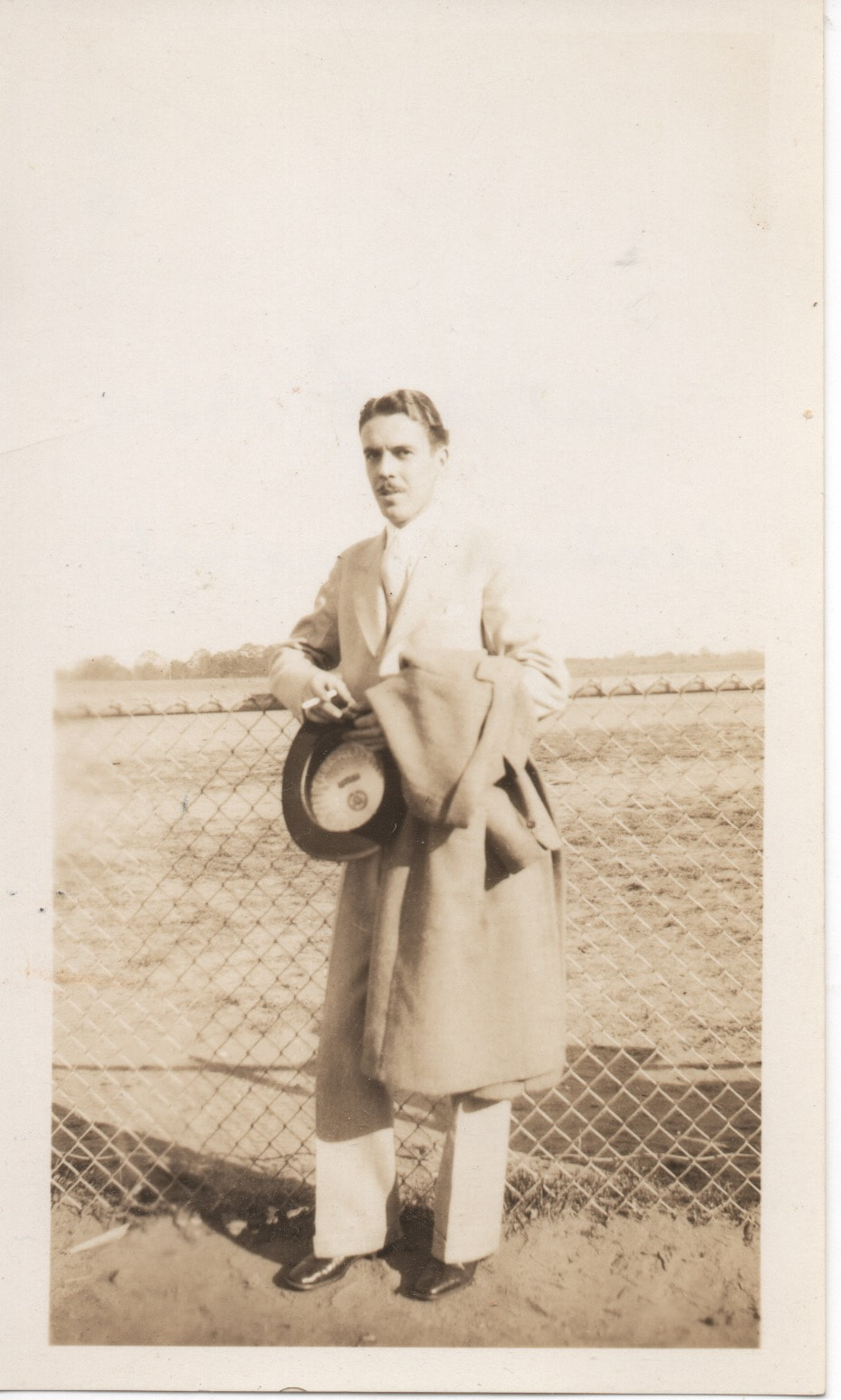
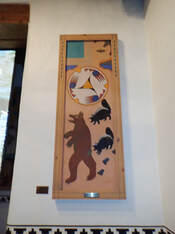
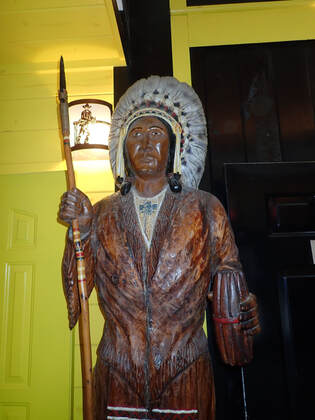
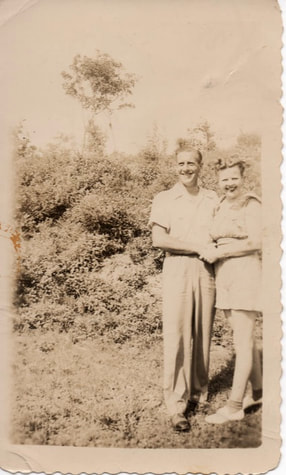
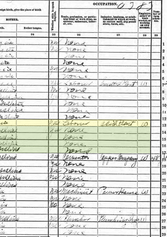


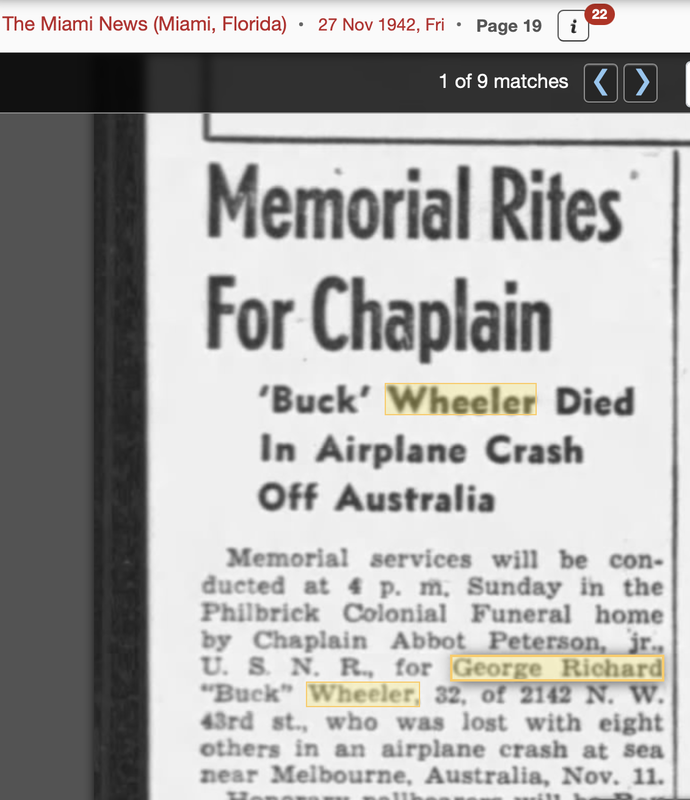
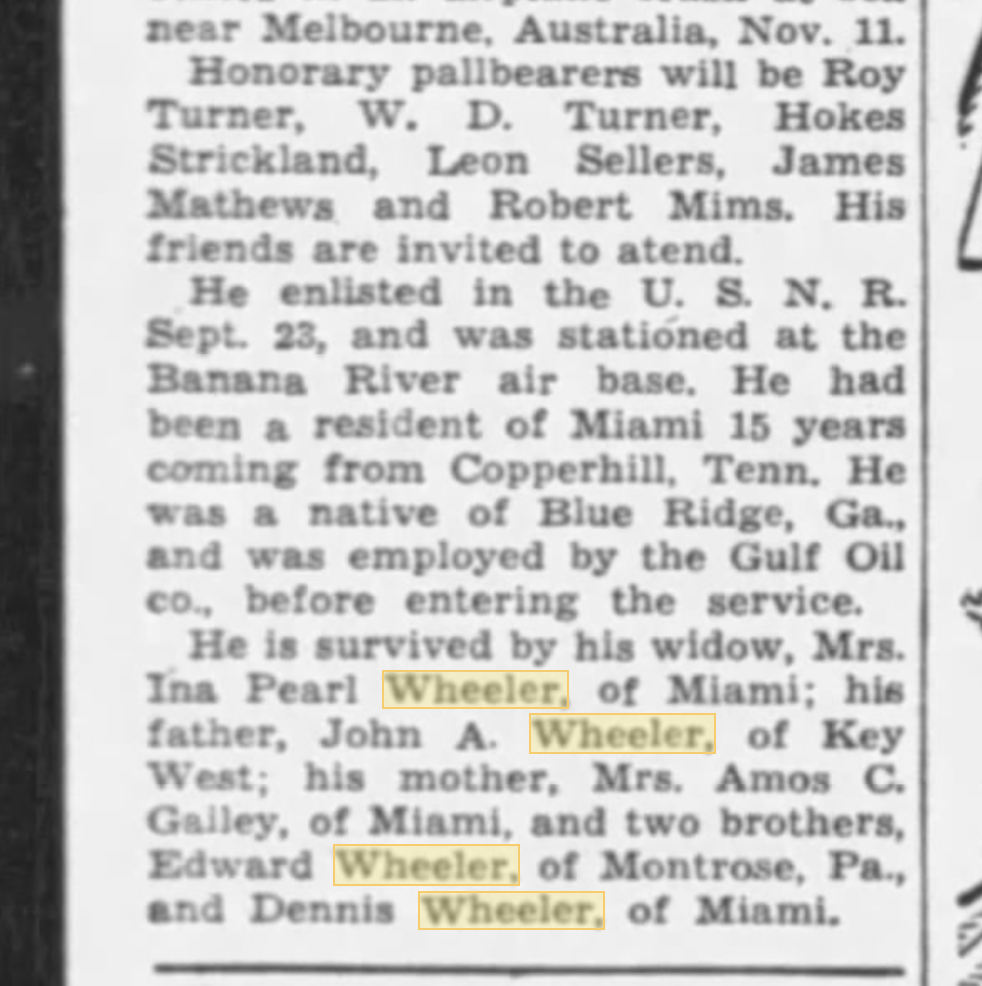
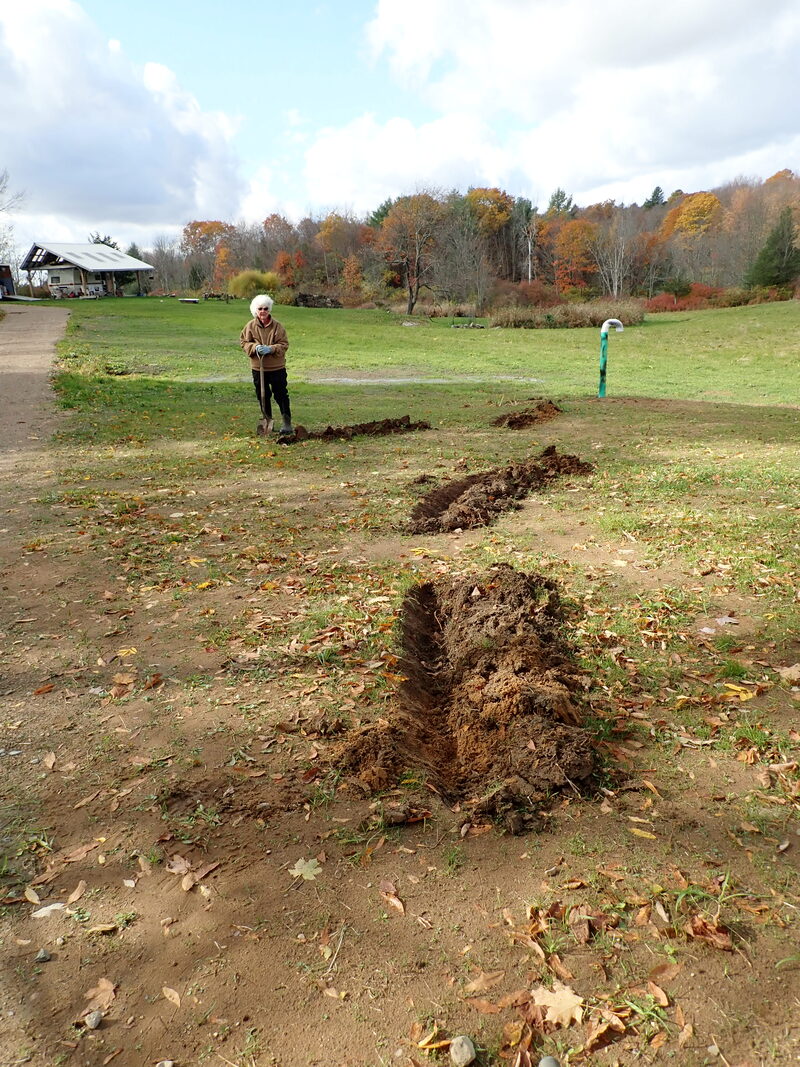
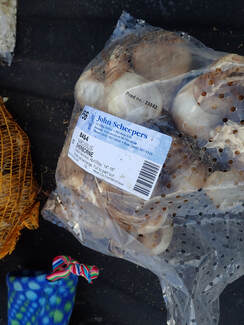
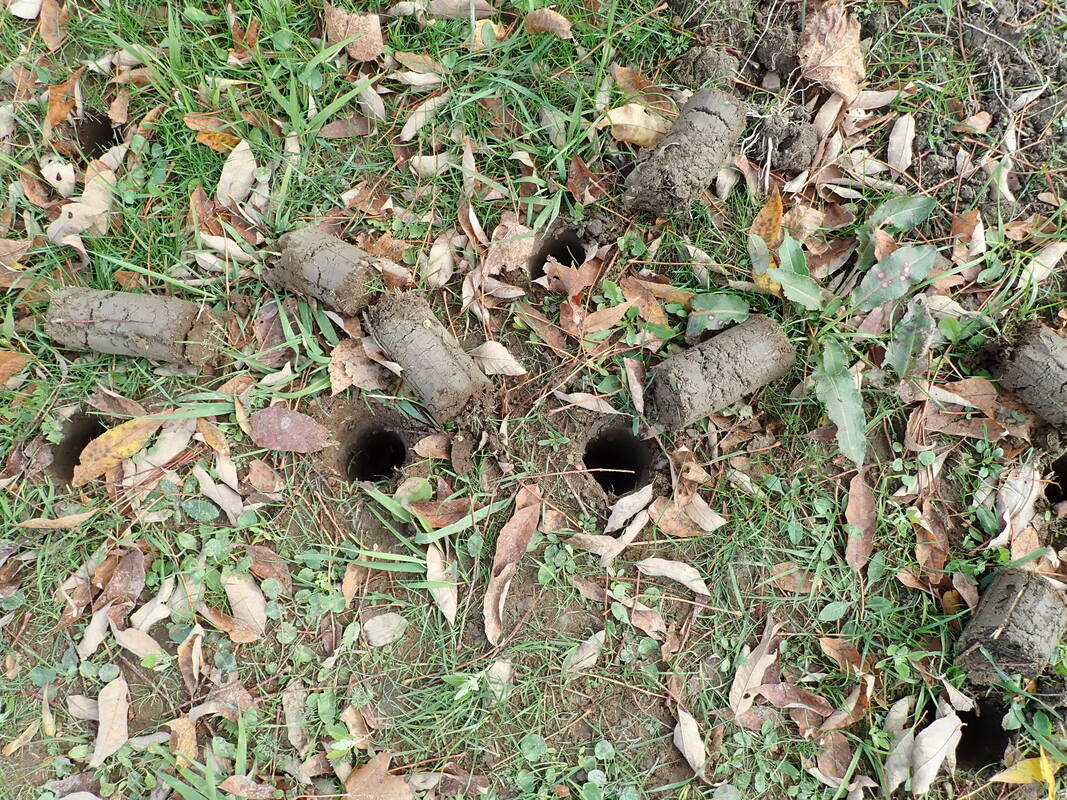
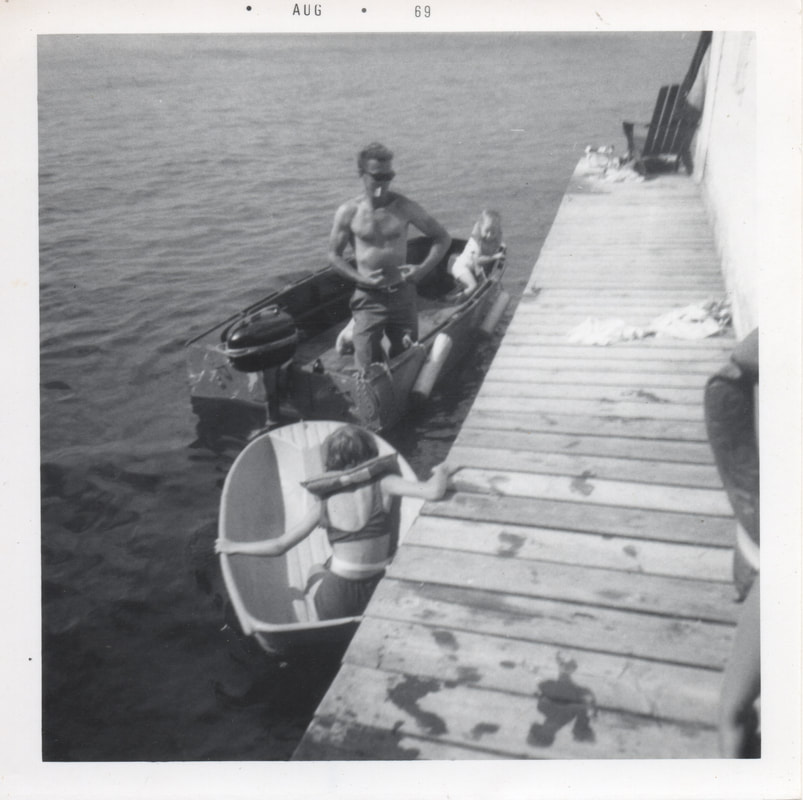
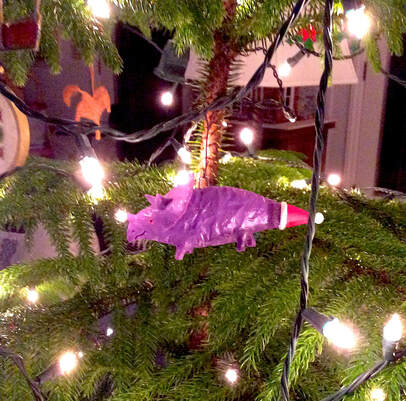
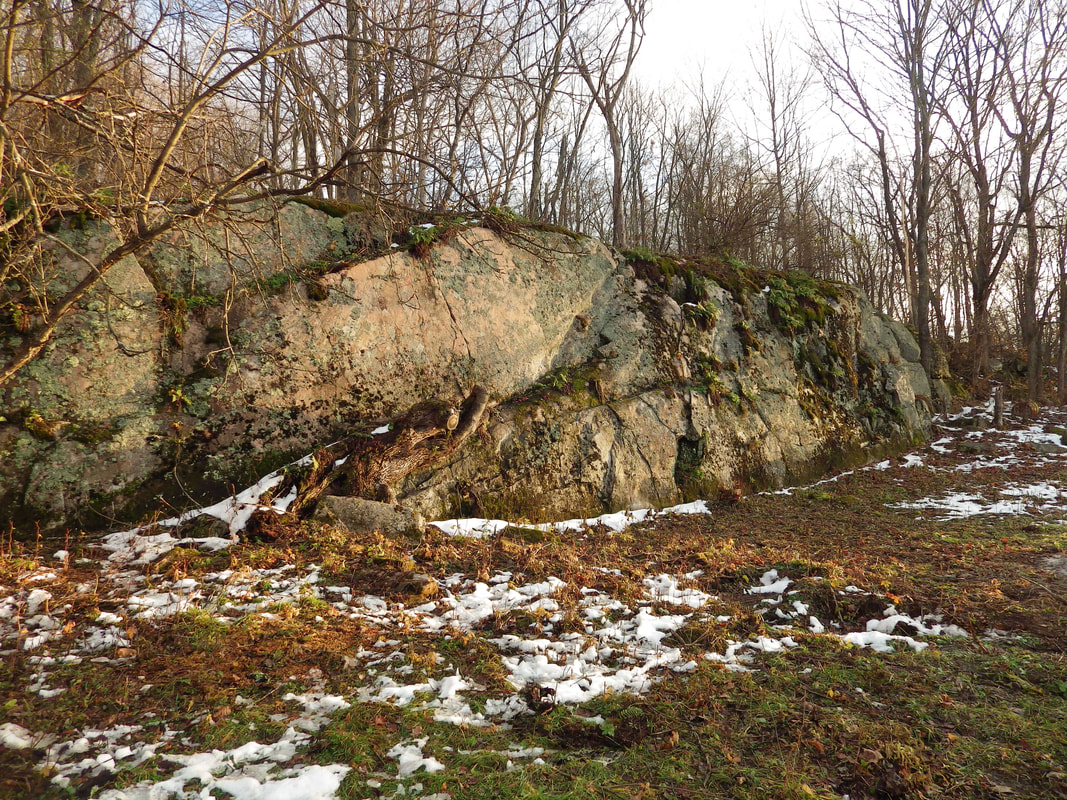
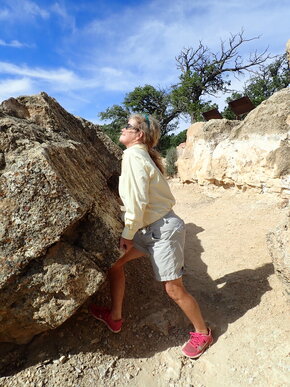
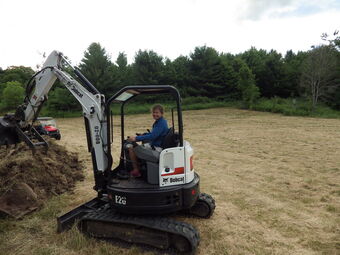
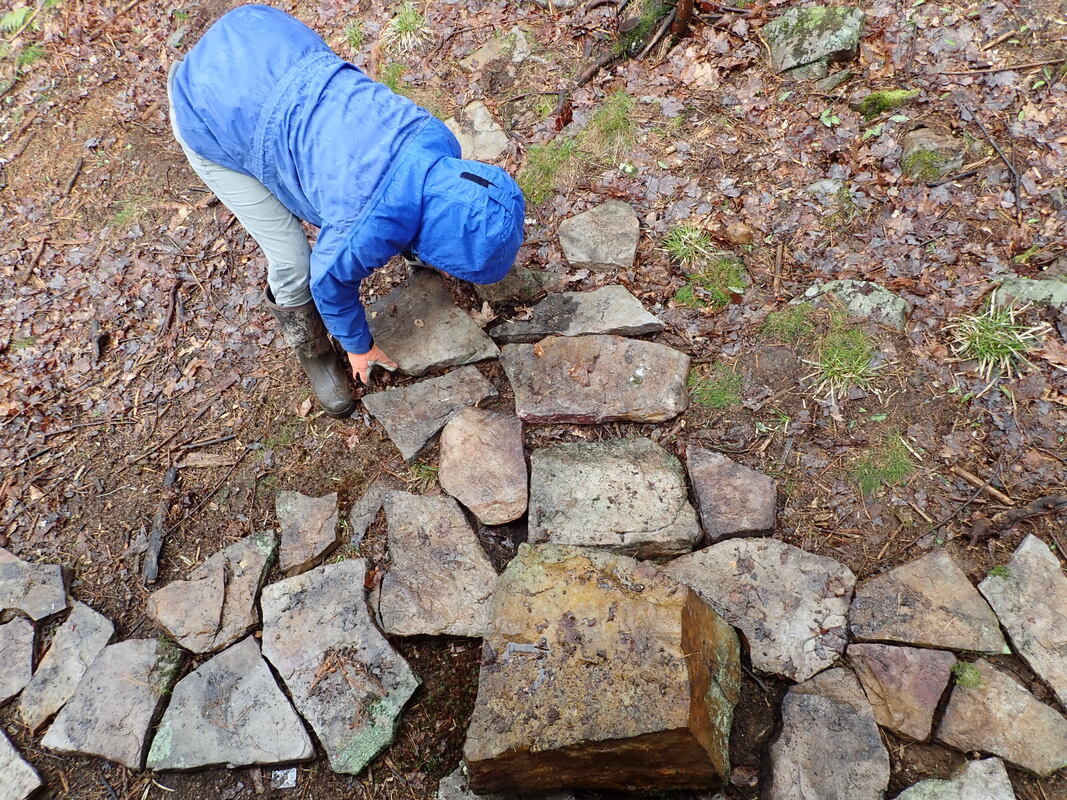

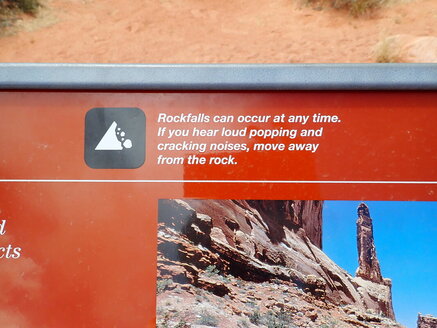
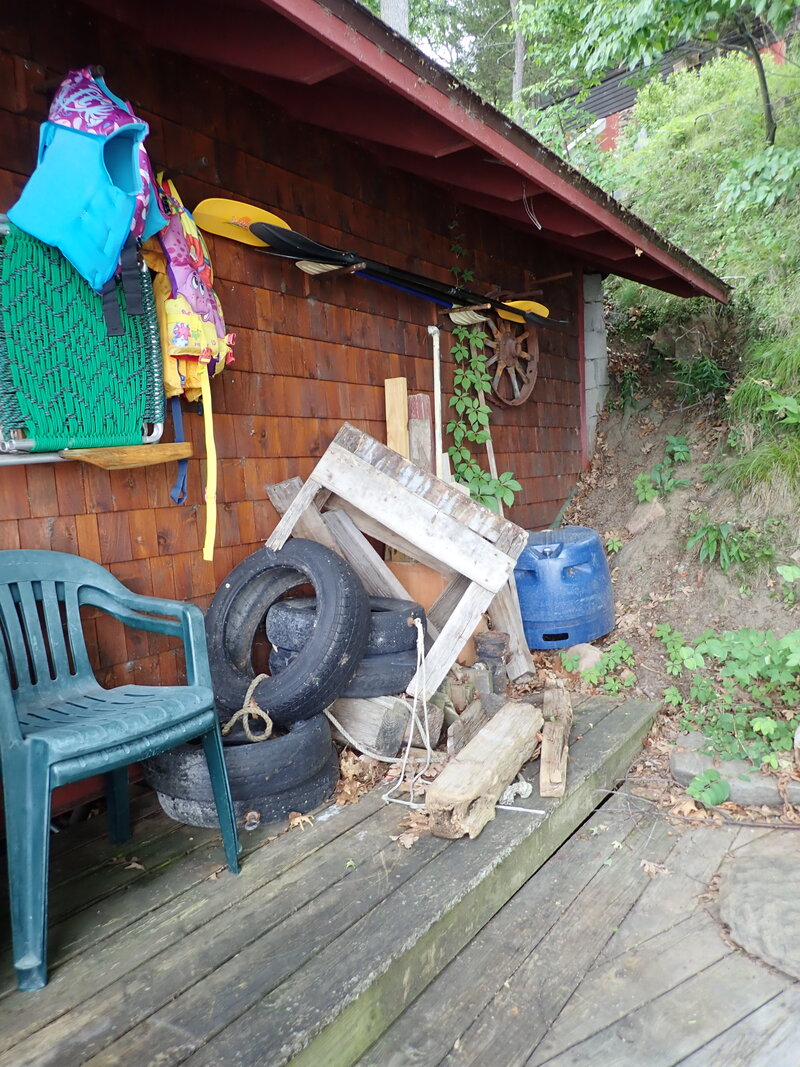



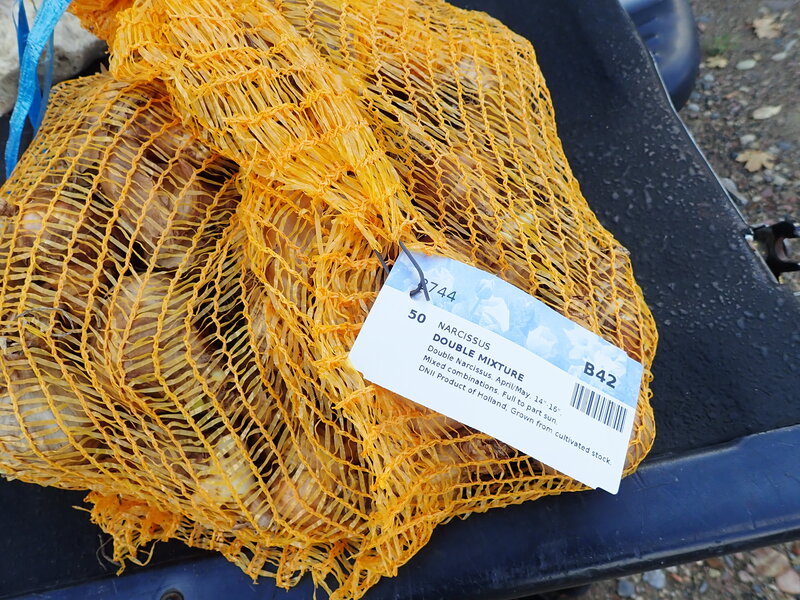
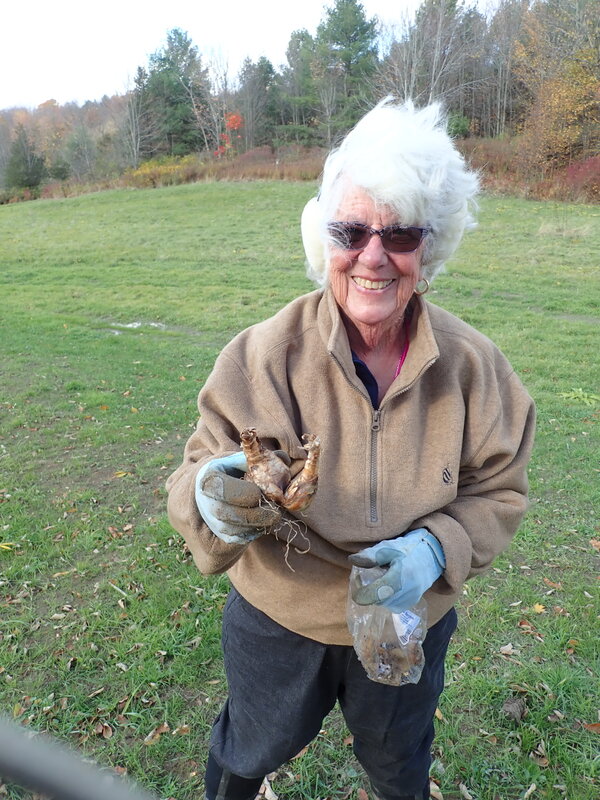
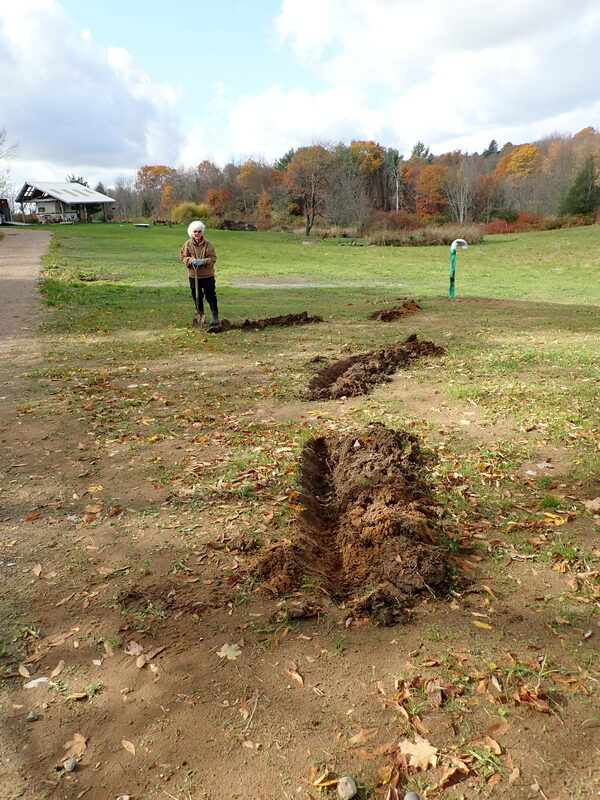
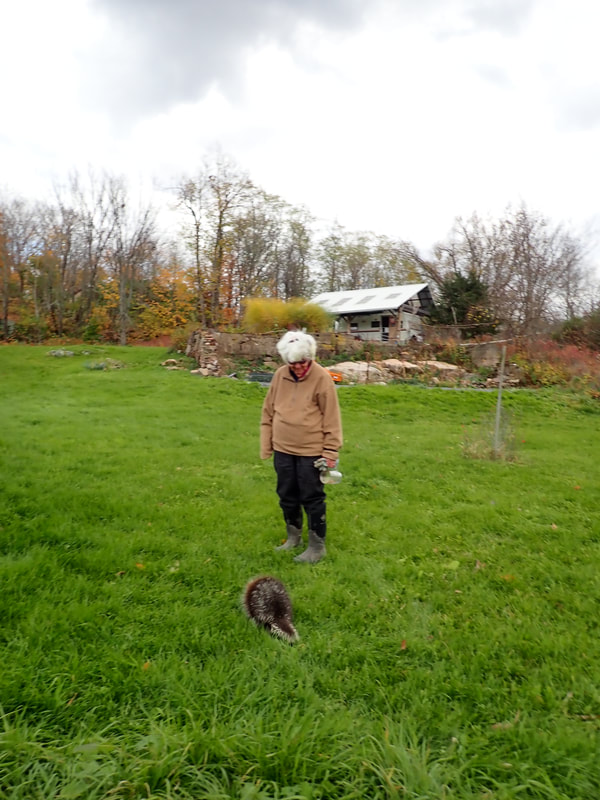
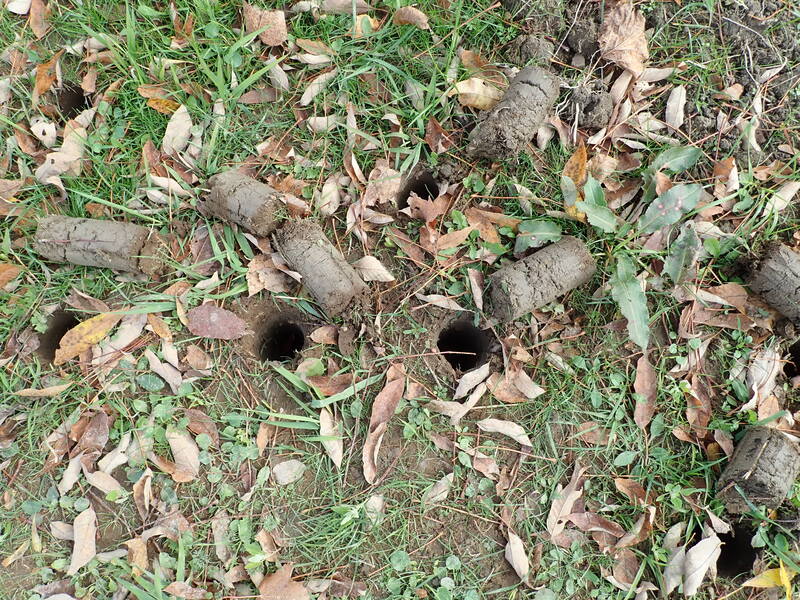
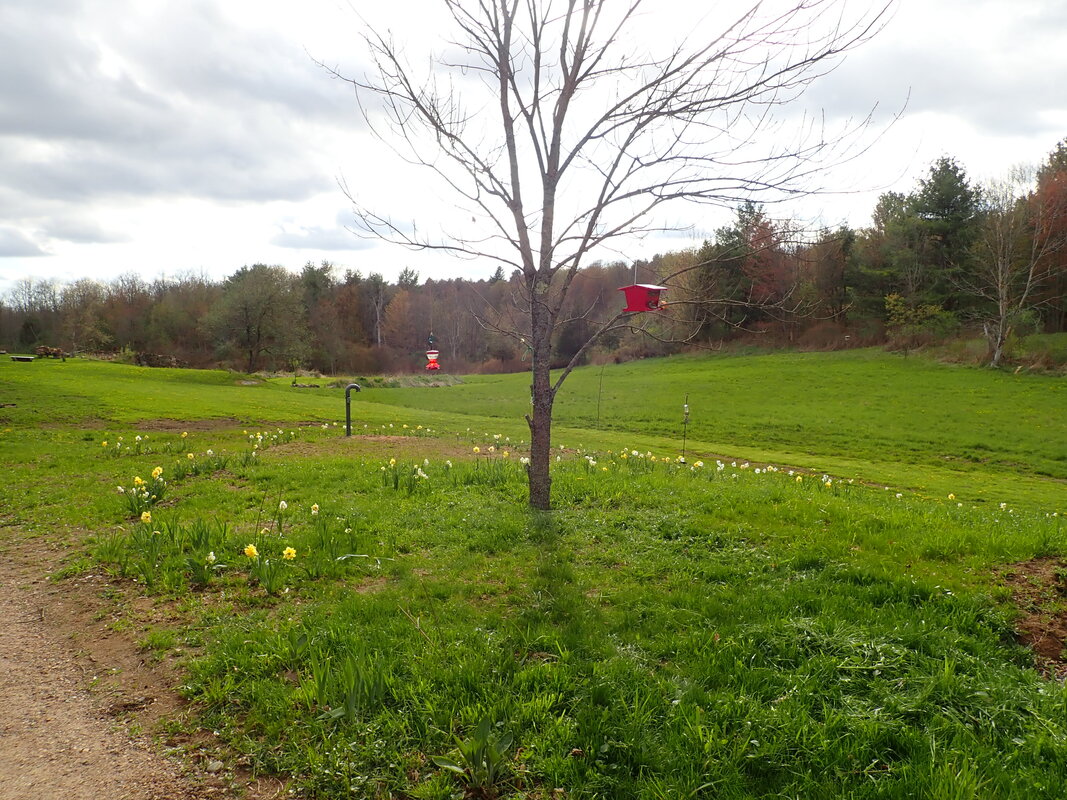

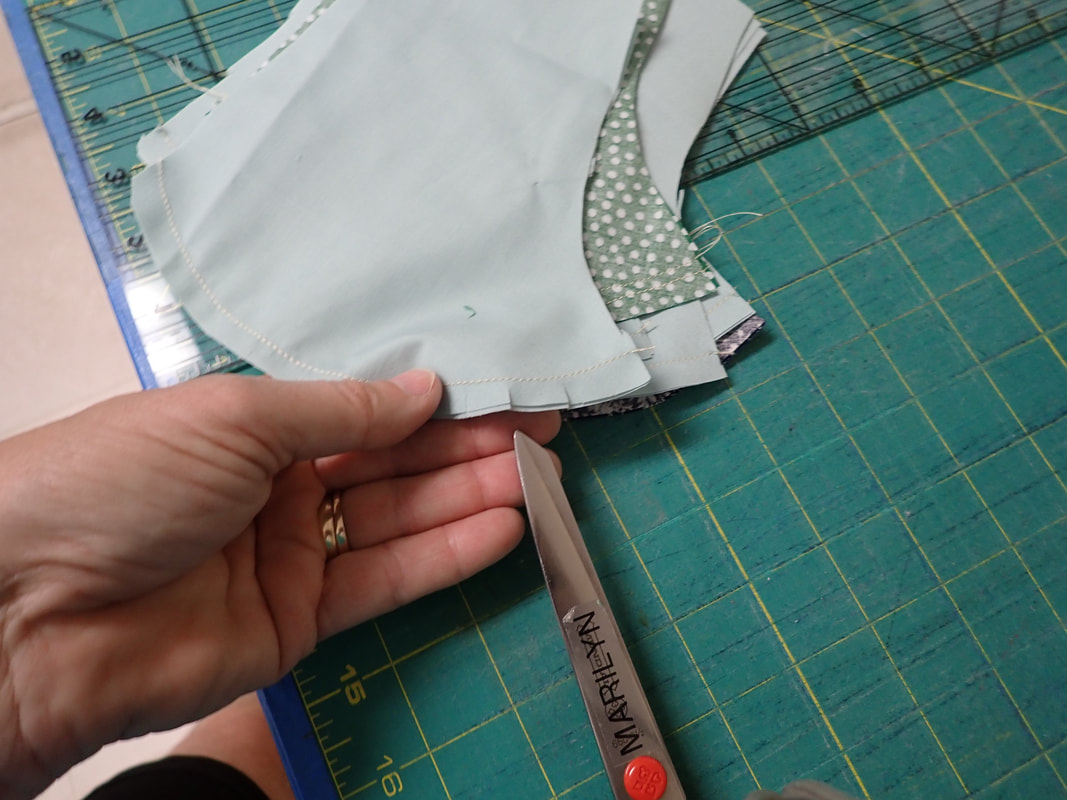
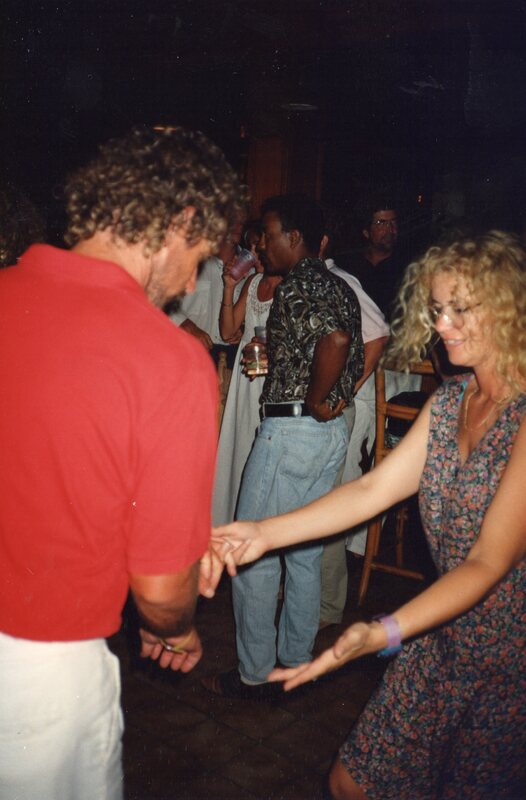
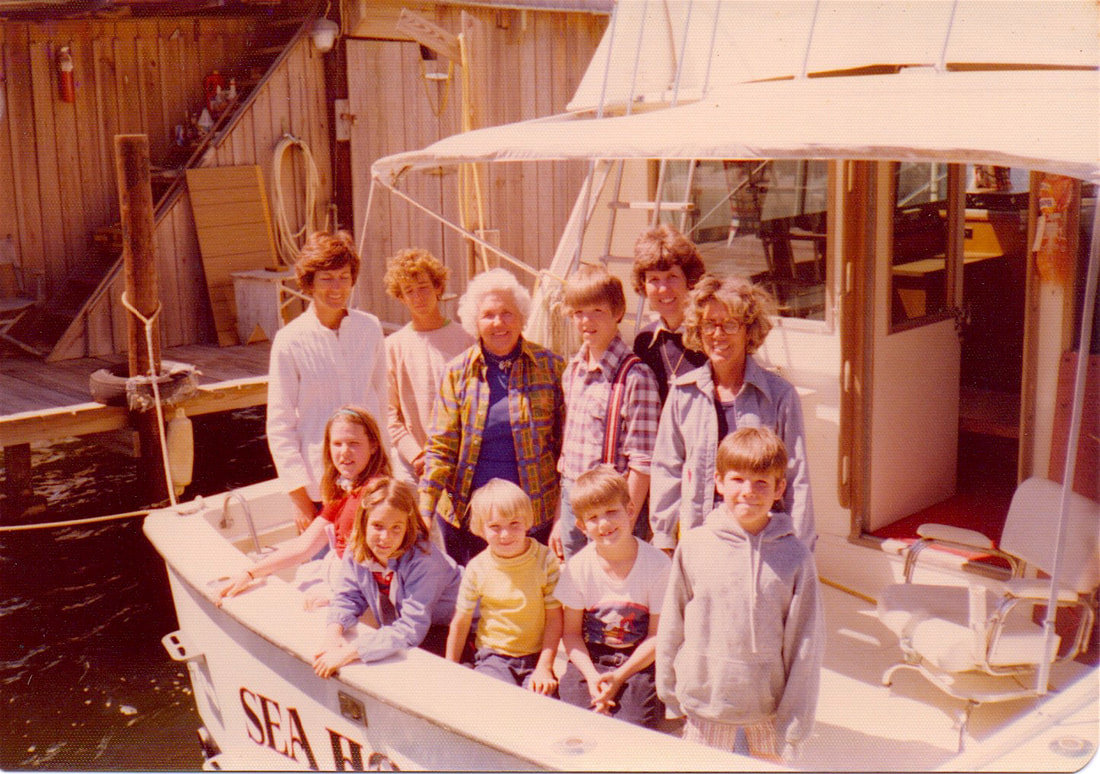
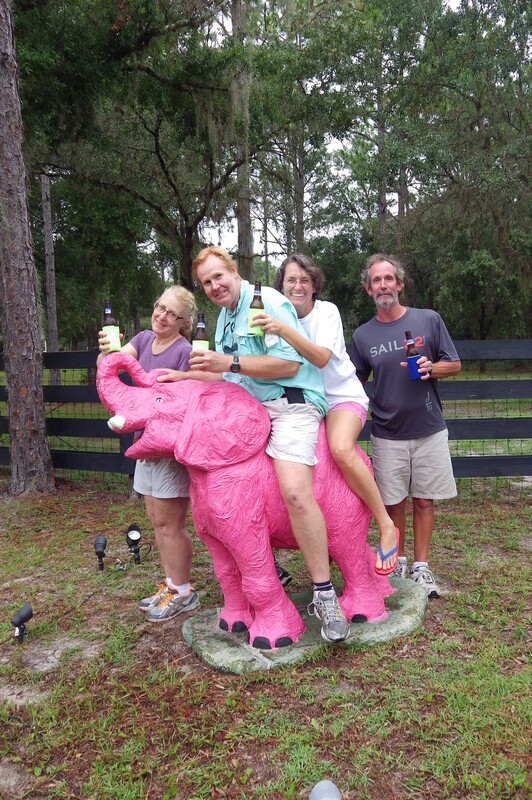


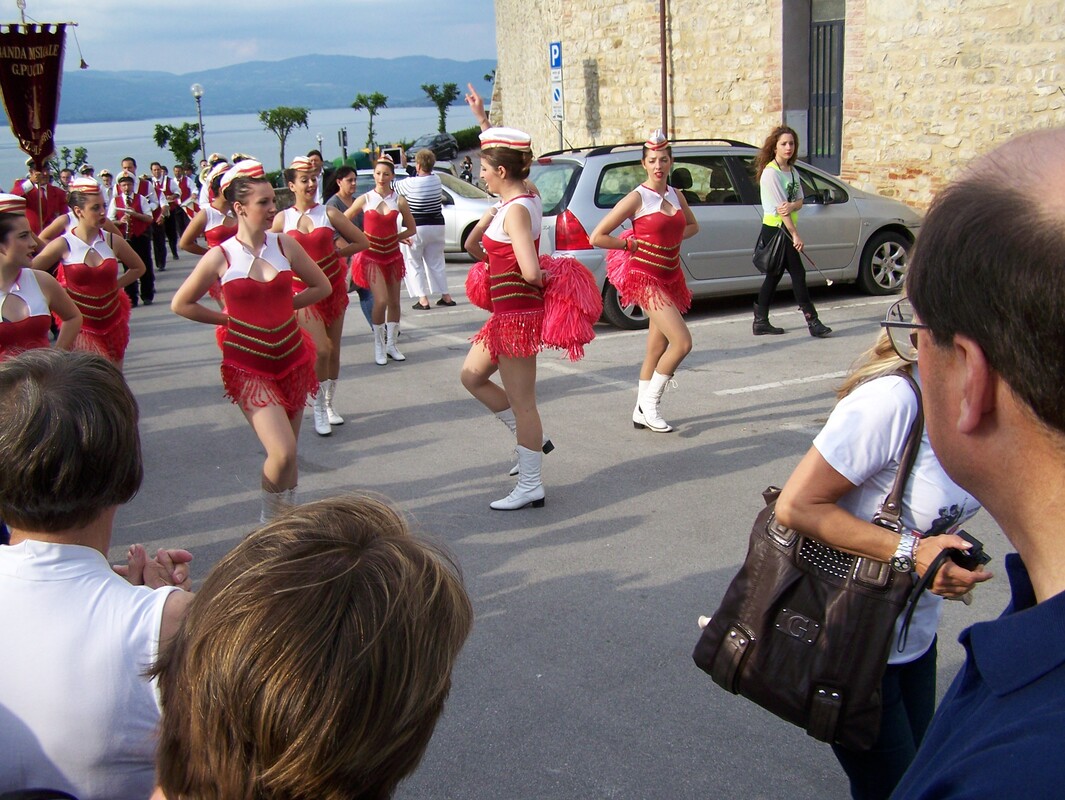

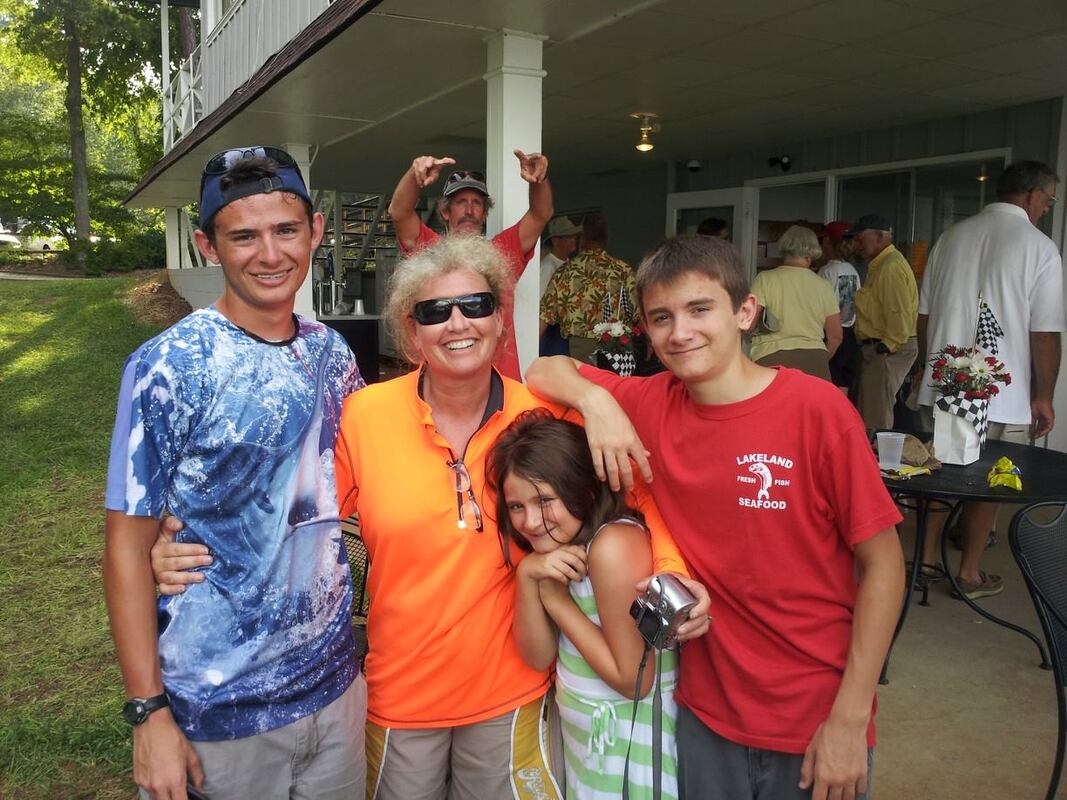
 RSS Feed
RSS Feed
